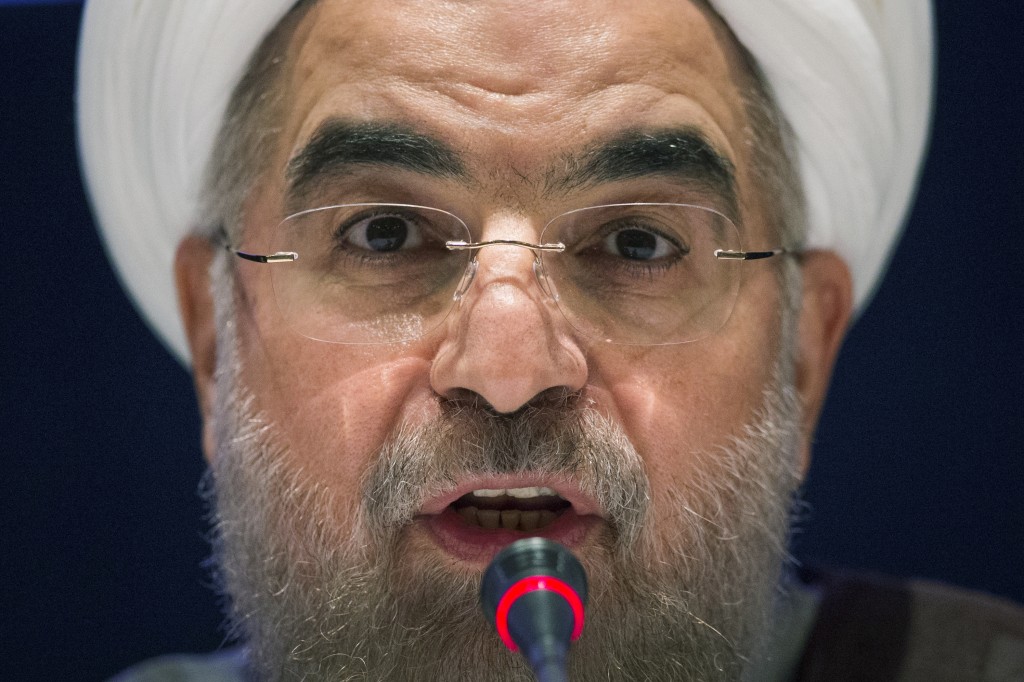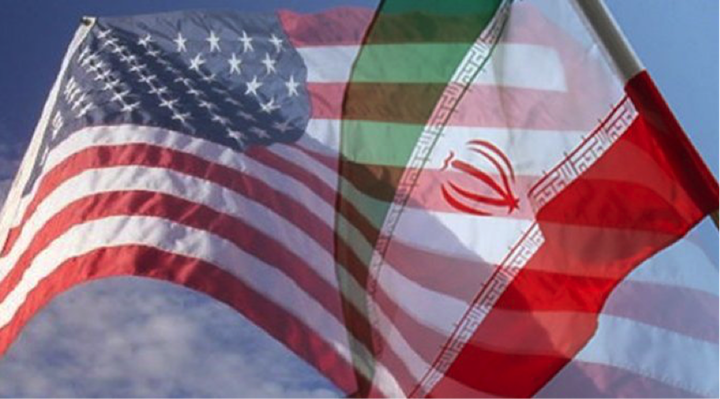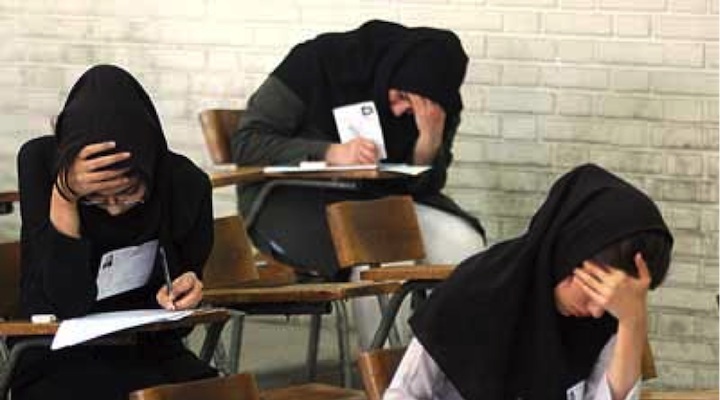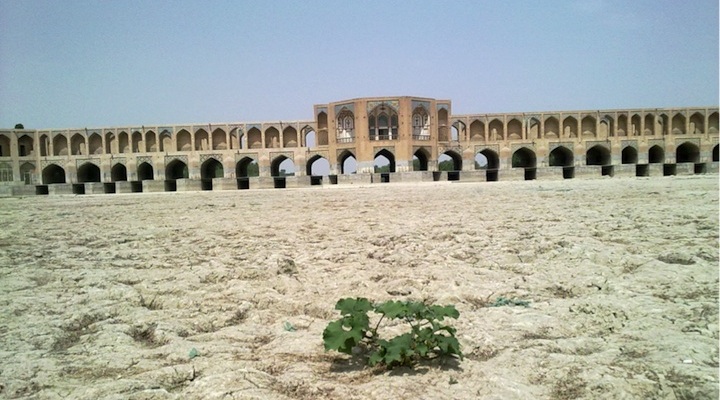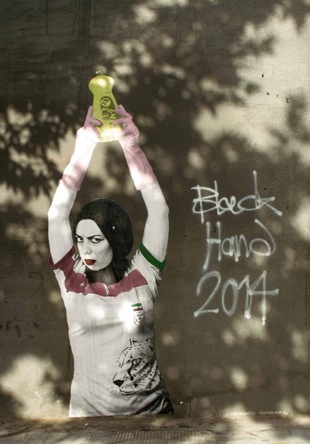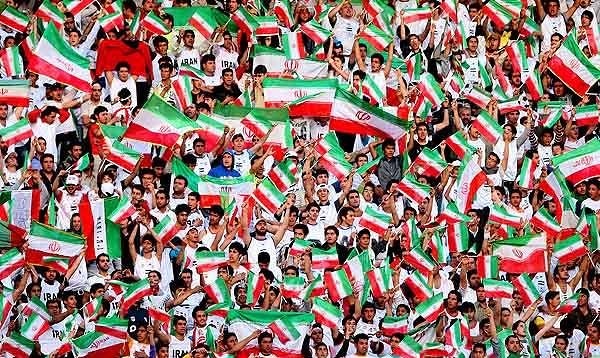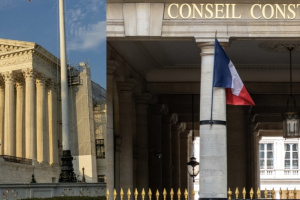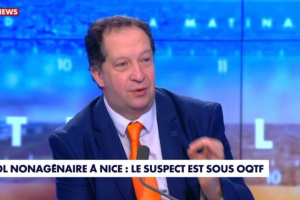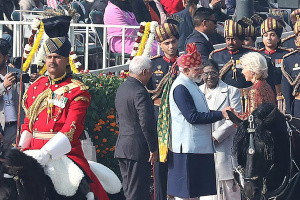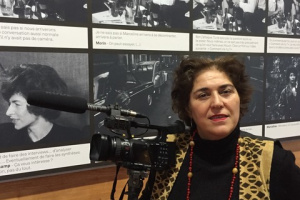In recent weeks, Iran’s moderate president, Hassan Rohani, has urged government authorities to demonstrate a greater tolerance towards new technologies, specifically regarding Internet and 3G access. Recently, Rohani granted 3G and 4G licenses to two mobile operators in Iran, an unprecedented victory for Iranians eager to connect to the world of social media. Iranians have had to resort to illegal software to gain access to sites blocked by government agencies, such as YouTube and Twitter. Even then, mobile operators are forced to reduce Internet speeds to exceptionally low levels. However, over the past few months, the government has allowed providers to increase bandwidths for home connections. This major step in Iran’s campaign for greater Internet freedoms marks a turning point in both the government’s role in the personal lives of citizens, as well as the Iranian people’s ability to connect with the rest of the world.
 However, Rohani is facing a strong opposition, mainly concentrated within the clerical elite. Grand Ayatollah Naser Shirazi, known to be one of the prominent critics of Internet reform, condemned these liberties and warned that such access would expose the population to “immoral photos” and “negative features.” In February 2013, four grand ayatollahs, including Shirazi, have issued Fatwas banning the Iranian operator RighTel for offering video calling and other multi media functions on phones. A Fatwa is a legal opinion or learned interpretation that a qualified jurist can give on issues pertaining to the Islamic law. Shirazi had previously condemned video calling and social networks, claiming that the use of “modern tools and devices to communicate with each other is not forbidden by Islam, but social networking sites are originally developed by the Western governments for reasons other than communications.” However, inappropriate photos and foreign spy networks are not the clergy’s only concerns surrounding 3G access.
However, Rohani is facing a strong opposition, mainly concentrated within the clerical elite. Grand Ayatollah Naser Shirazi, known to be one of the prominent critics of Internet reform, condemned these liberties and warned that such access would expose the population to “immoral photos” and “negative features.” In February 2013, four grand ayatollahs, including Shirazi, have issued Fatwas banning the Iranian operator RighTel for offering video calling and other multi media functions on phones. A Fatwa is a legal opinion or learned interpretation that a qualified jurist can give on issues pertaining to the Islamic law. Shirazi had previously condemned video calling and social networks, claiming that the use of “modern tools and devices to communicate with each other is not forbidden by Islam, but social networking sites are originally developed by the Western governments for reasons other than communications.” However, inappropriate photos and foreign spy networks are not the clergy’s only concerns surrounding 3G access.
By providing 3G access and video calling capabilities to citizens, Rightel and other Iranian operators pose a political complication for conservative authorities. After the revolutionary Green Movement that swept Iran after the 2009 election of Ahmadinejad, many Iranian authorities are hesitant to allow greater Internet freedoms to their citizens. The Green Movement, an international protest against the landslide victory of Ahmadinejad, Iran’s former conservative president, insisted upon the question « Where is my vote? » While the movement itself was repressed by the regime, much of its success resided in its use of social media. The movement spread across Iran and far beyond its borders mainly due to the role of social media, which connected vast groups of supporters around the world. This movement caused a considerable political stir and controversy and Iranian authorities are unwilling to risk such a movement in the future. Video calling and other multi media capabilities would facilitate political movements and allow Iranians to send footage of such protests around the world.
There are many conflicting interests at play with the integration of new technologies into Iran, Iranwire even suggests corporate interests also play a role in the fatwas issued against RighTel, which could command a monopoly by offering video calling capabilities and high speed internet. However, it will be difficult for the government to maintain a strict policy of Internet censorship. A recent study found that 69% of Iranian youths illegally access banned sites through proxy servers. Many claim that Internet restrictions are becoming pointless because so many youth easily bypass the censorships. Iran has a very young and politically active population. Sixty percent of the country’s population is under 30 years of age and is more educated than previous generations. They possess a strong desire to connect with the rest of the world and see their country develop economically. The conservative authorities will be hard pressed in their attempts to restrain such a large and powerful portion of their population. Already much of the educated class is fleeing the country; according to the International Monetary Fund, Iran has one of the world’s highest rates of brain drain.
It is difficult to say what will result from the debates between the clergy and president Rohani concerning Internet freedoms. Already, the patience of the conservatives in the Iranian government is running low. On September 20, Golam Ejei, Iran’s first deputy of the judiciary set a one-month deadline for WhatsApp, Viber, and Tango to be banned in Iran. However, the Iranian youth, a significant portion of the population, is demanding a reform. Whether or not the government concedes, Iran’s large Internet savvy population will continue to connect to the world through social media in spite of government regulations.








